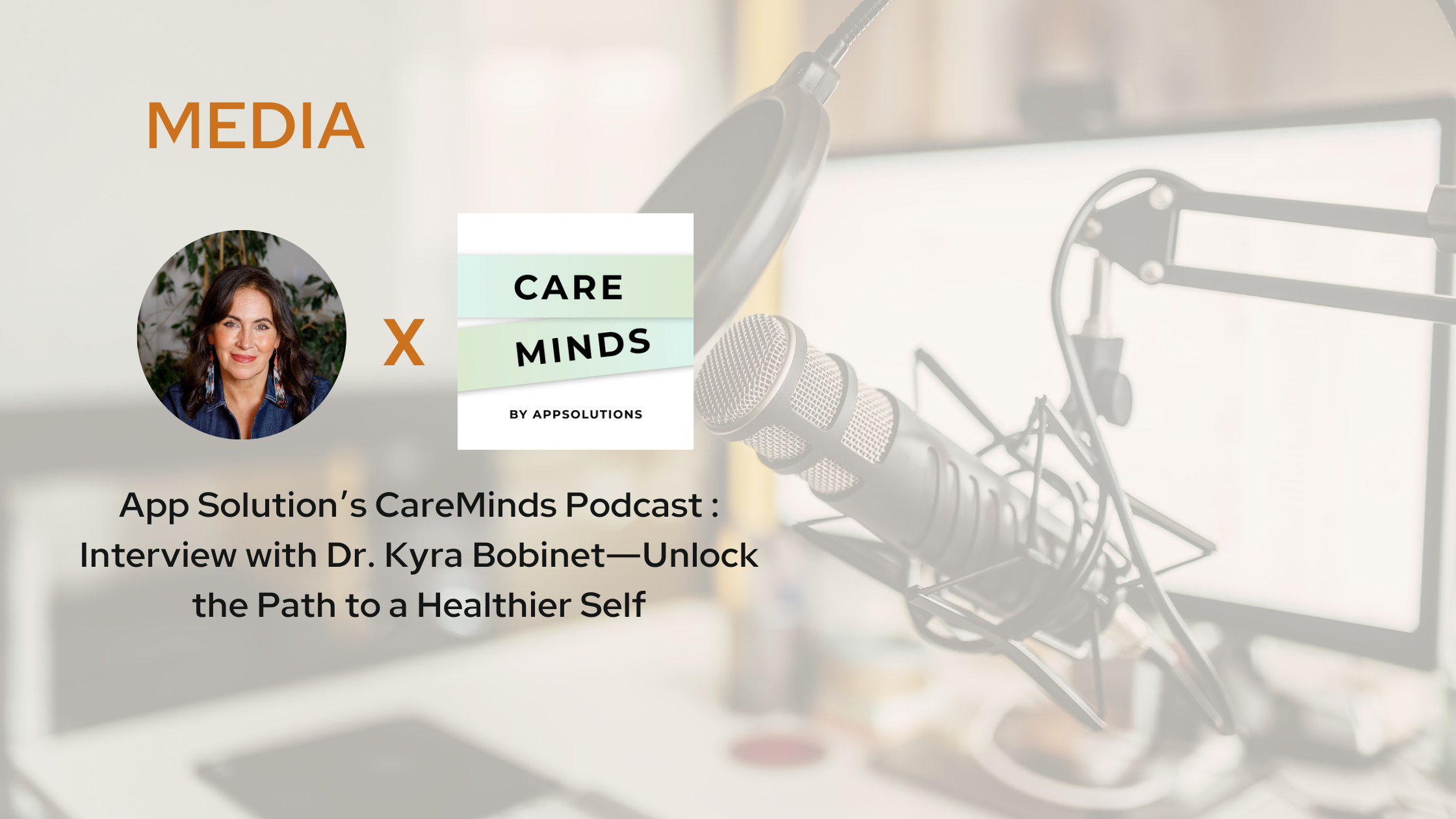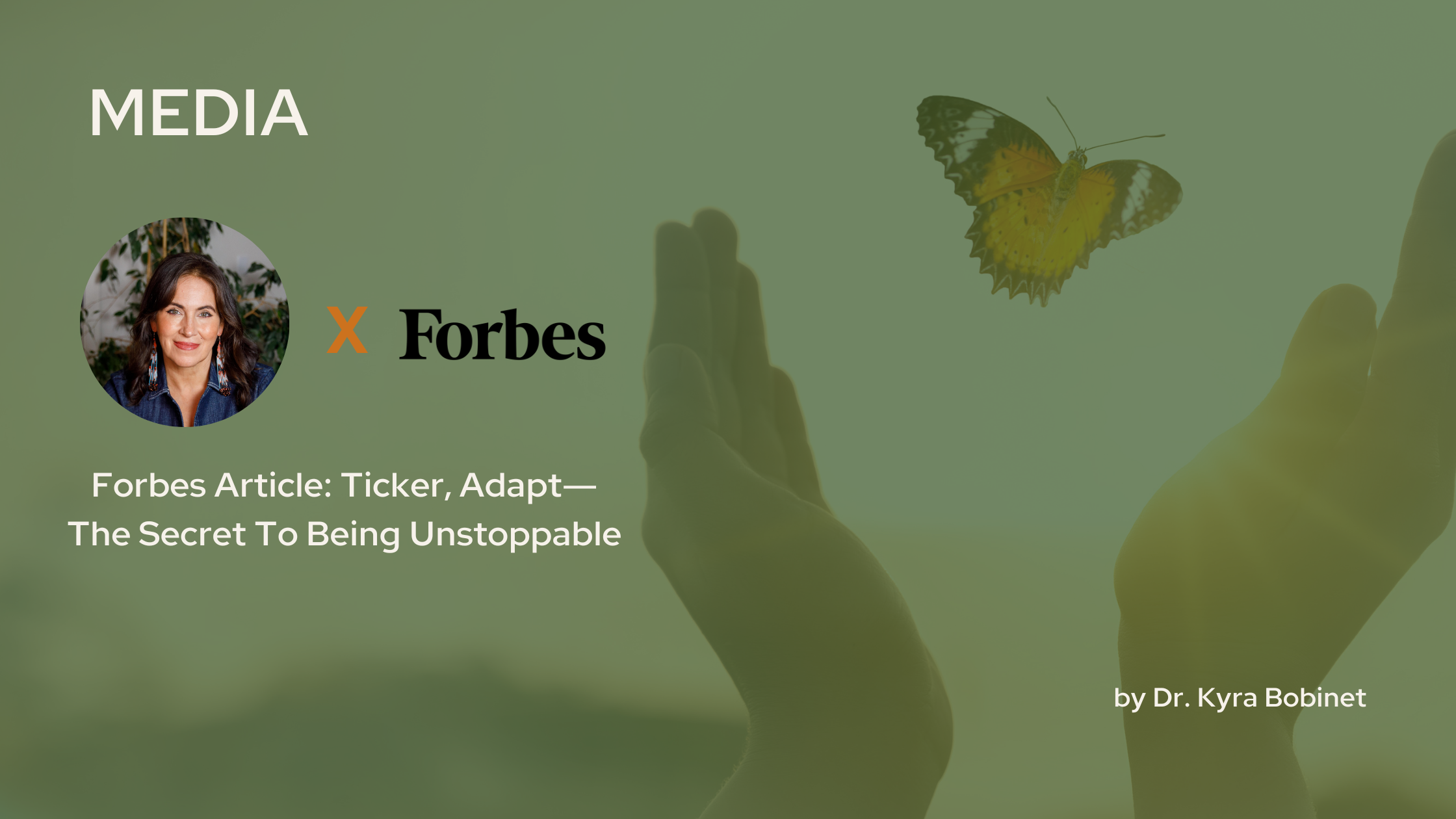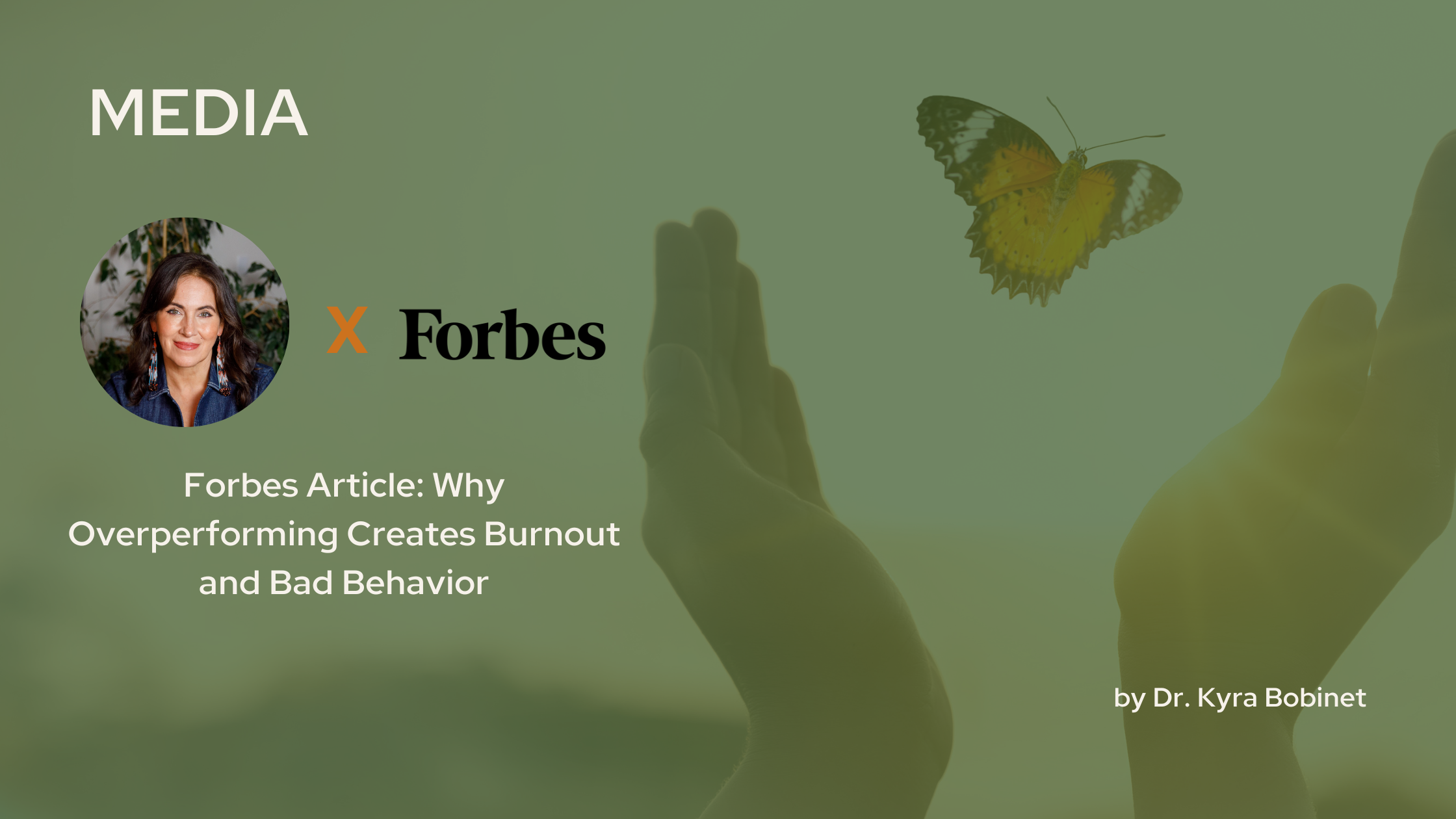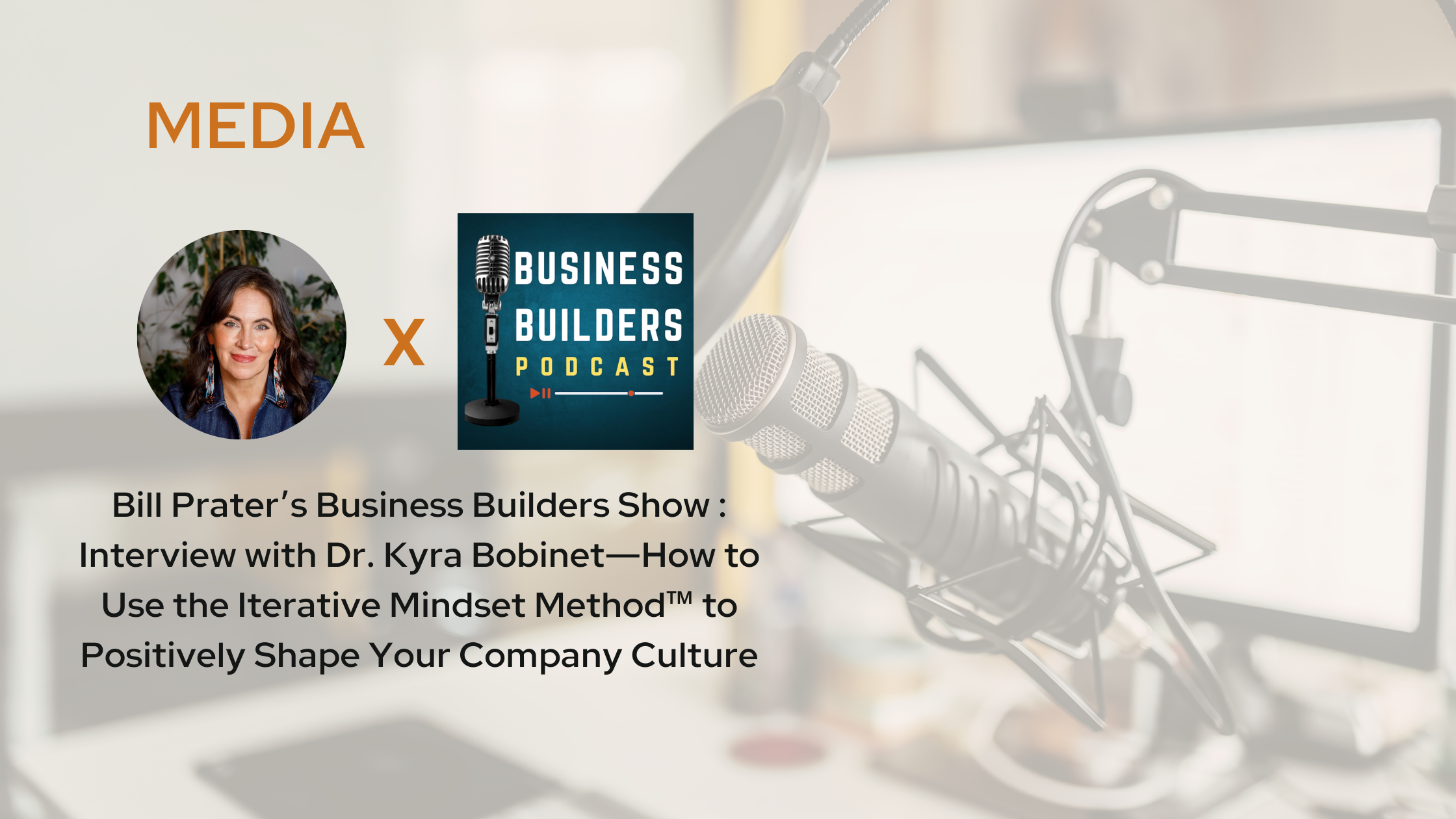Dr. Kyra Bobinet recently shared her insights on the CareMinds podcast with Daniel Drachov.
The Know-do Gap: Understanding Our Struggles
Have you ever wondered why we often falter on our commitments to eat better or exercise regularly? Dr. Bobinet identifies this global challenge as the Know-Do Gap—a frustrating gap between knowing what to do and actually doing it. Drawing from cutting-edge neuroscience, she unveils the root cause behind this perplexing phenomenon.
The Habenula: A Key Player in Behavior
The habenula is a small yet mighty brain region that emerges as a potent influencer of our actions. This neural hotspot reacts swiftly whenever we perceive failure, whether consciously or subconsciously, to include feelings of disappointment, demoralization, frustration, and “been there done that” thinking.
Decoding Performance Pressure
Dr. Bobinet exposes the downside of performance-driven approaches prevalent in today’s society. Traditional goal-setting methods, while seemingly effective, inadvertently activate the habenula, dampening our motivation when setbacks inevitably occur.
Embracing Iteration: A Path to Sustainable Change
The antidote to this cycle of frustration lies in the Iterative Mindset Method™—a continuous process of refining and adapting our behaviors. By adopting an iterative mindset, individuals can sidestep the pitfalls of the Know-Do Gap, turning setbacks into opportunities for growth.
Fresh Tri’s Approach: Putting Iteration into Practice
Dr. Bobinet highlights the app’s, Fresh Tri’s, emphasis on iterative strategies, empowering users to tailor their wellness journey to their unique needs. Through constant tweaking and adjustment, individuals can silence their habenulas and forge sustainable habits.
Three Tips for Lasting Transformation
- Approach as Practice: Shift your mindset from rigid goals to flexible experiments.
- Manage Failure: Neutralize thoughts of failure by reframing setbacks as learning experiences.
- Embrace Iteration: Remember, iteration is the key to continuous progress—there’s no such thing as failure, only opportunities to iterate and improve.
Listen to the full podcast episode here.




